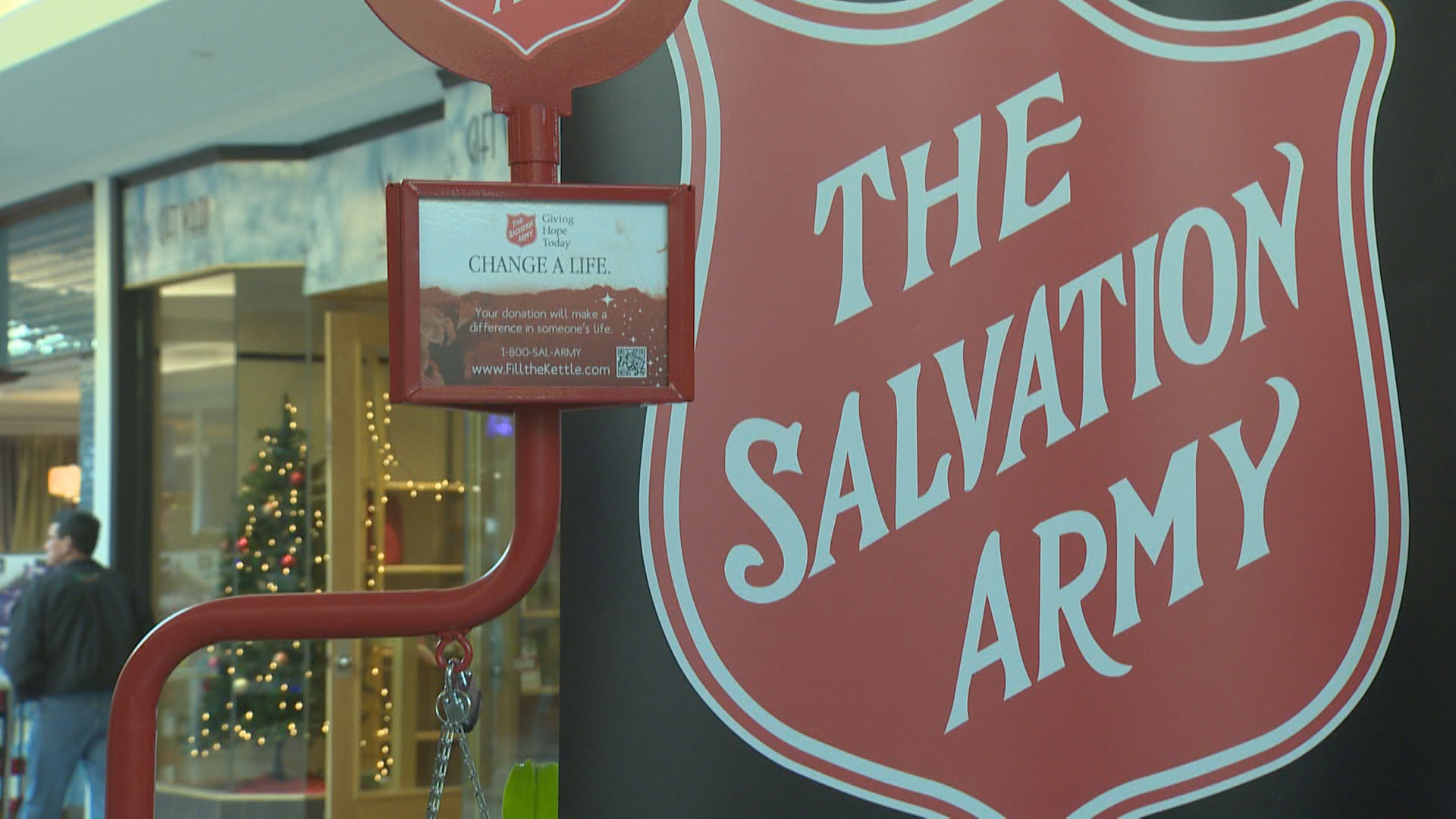The Extended Deadline for Charitable Donations in Canada: A Boon for Saskatchewan Charities and Donors
The Canadian federal government’s decision to extend the deadline for 2024 charitable donations has sparked hope among Saskatchewan charities, offering a lifeline in a challenging fundraising environment. The extension, which pushes the deadline to February 28, 2025, aims to mitigate the disruptions caused by the Canada Post strike and ensure that donors can claim tax benefits for their contributions. This move provides a much-needed window of opportunity for both charities and donors, particularly in Saskatchewan, where several organizations have already reported an increase in donations following the announcement.
The Canada Post strike, a significant labor dispute that disrupted mail delivery across the country, posed a substantial hurdle for charitable organizations reliant on year-end giving. The strike coincided with the traditional peak donation season, leaving many charities concerned about receiving donations in time for the original December 31 deadline. The extended deadline alleviates this pressure, allowing donors ample time to make contributions and ensuring that charities receive crucial funds. This measure acknowledges the importance of charitable giving to the social fabric of Canada and recognizes the vital role charities play in supporting communities.
For Saskatchewan charities, the extended deadline presents a welcome reprieve. Many organizations rely on year-end donations to fund essential programs and services. The strike threatened to undermine fundraising efforts, impacting their ability to deliver critical support to vulnerable populations. The extension offers a chance to recoup potential losses and ensure continued service delivery. Early reports suggest a positive response from donors, indicating a renewed momentum in charitable giving within the province. This resurgence of donations will undoubtedly bolster the financial stability of Saskatchewan charities and empower them to maintain their essential work.
The extended deadline is not just beneficial for charities; it also offers advantages to donors. It provides flexibility for those who might have delayed their donations due to the postal disruption. Moreover, it allows donors additional time to assess their financial situation and make informed decisions about their charitable contributions. The extension reinforces the government’s commitment to supporting charitable giving by ensuring that donors receive the tax benefits associated with their contributions, even amidst the challenges posed by the strike. This proactive approach encourages philanthropy and underscores the importance of individual contributions to the well-being of Canadian communities.
The impact of the extended deadline will be closely monitored in the coming weeks. While early signs are encouraging, the true extent of its positive effects will become apparent as the new deadline approaches. It is anticipated that the extension will lead to a significant increase in charitable donations across Saskatchewan and throughout Canada, bolstering the financial health of numerous organizations and enabling them to continue providing essential services. This move by the federal government demonstrates a responsive and supportive approach to the challenges faced by the charitable sector, safeguarding the vital contributions of both donors and organizations.
This decision to extend the donation deadline exemplifies the government’s commitment to fostering a strong and resilient charitable sector. By recognizing the challenges presented by the postal strike and taking proactive measures to mitigate its impact, the government has demonstrated its understanding of the importance of charitable giving. This action will not only benefit Saskatchewan charities but also contribute to a stronger social safety net and a more vibrant civil society across Canada. The extended deadline underscores the collaborative efforts between the government, the charitable sector, and individual donors to ensure the continued provision of vital services and support for those in need.

